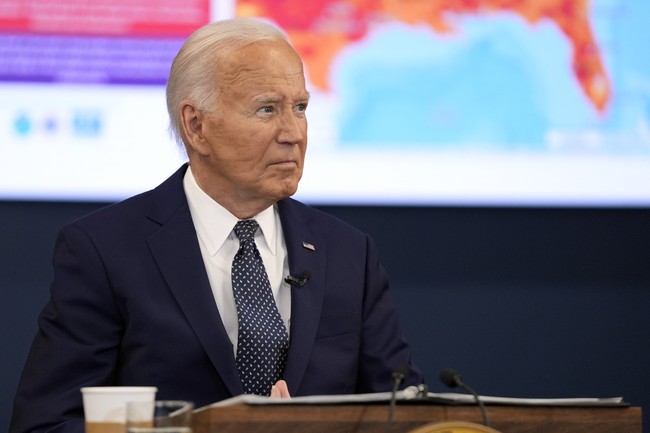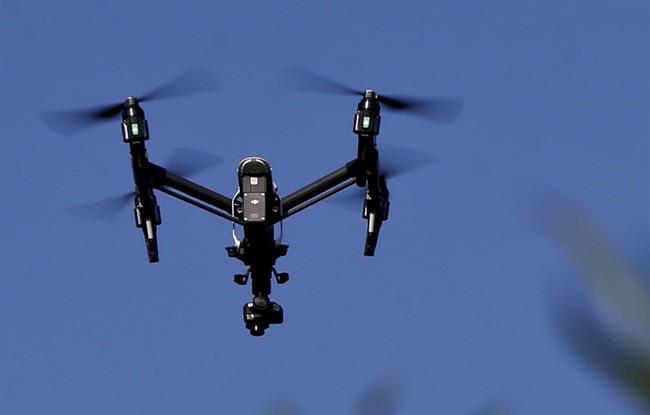Shigeru Ishiba's Rise: Japan's Strategic Future
The new Japanese Prime Minister brings a mix of military focus, economic challenges, and diplomatic strategies to his leadership role.
Published October 02, 2024 - 00:10am

Image recovered from koreatimes.co.kr
Shigeru Ishiba, the newly elected leader of Japan's ruling Liberal Democratic Party (LDP), is set to bring a significant shift to the country's political and strategic landscape. Known for his strong stance on defense and innovative economic ideas, Ishiba's leadership is expected to influence Japan's domestic and international policies.
On Friday, Korea pledged to maintain a 'positive momentum' with Japan under Ishiba, recognizing the importance of close cooperation between the two neighboring countries. A senior presidential official from Korea emphasized the shared interests in freedom, human rights, and the rule of law, and expressed optimism about continued open channels of communication between the two nations.
Ishiba's victory over Economic Security Minister Sanae Takaichi, a more conservative candidate, underscores his diplomatic approach to historical issues between Japan and Korea. This approach might play a crucial role in maintaining and enhancing Korea-Japan relations.
Domestically, Ishiba's election has already sparked economic reactions. The MoneyDJ financial website reported a significant drop in the Nikkei 225 index, which fell by over 1,600 points. Investors are uncertain about Ishiba's economic policies, given his cautious comments about immediate interest rate hikes and his support for maintaining the current monetary easing direction. These remarks were intended to calm fears of a potential shift towards tighter economic policies under his administration.
Ishiba's background is also notable. He hails from a political family, with his father having held various significant political positions. This heritage has shaped Ishiba's perspectives and career. His education from the prestigious Keio University and his work at Mitsui Bank were precursors to his entry into politics, where he quickly made his mark by being elected to the Japanese parliament at the age of 29.
Ishiba has a long-standing interest in defense policies, significantly influenced by the Gulf War of 1990-1991. His fascination with military strategies earned him the nickname 'gunji otaku,' or 'military geek.' He has been a strong advocate for Japan's Self-Defense Forces and has supported various defense initiatives, including the development of Japan's first reconnaissance satellite and the joint development of SM-3 Block IIA ballistic missiles with the United States.
The international stage presents several challenges for Ishiba's administration. His support for an Asian version of NATO and the potential placement of U.S. nuclear weapons in the Asia-Pacific region could have far-reaching implications. Furthermore, Ishiba's stance on revising the bilateral agreement on the status of U.S. military personnel in Japan and deploying Japanese military forces abroad without UN Security Council sanctions are contentious issues that will require careful navigation.
Amid these strategic plans, Ishiba must also address domestic issues such as Japan's low birth rate and economic stagnation. His government will need to tackle these challenges while restoring public confidence, which has been shaken by political and financial scandals that plagued his predecessor, Fumio Kishida.
Following Ishiba's election, Kishida and his cabinet submitted a collective resignation to facilitate the transition. Ishiba's installation as prime minister is anticipated to be smooth, given the LDP's majority control in the Japanese parliament. Once confirmed, Ishiba is expected to announce his cabinet appointments, beginning with key positions in finance, defense, and foreign affairs.
The new prime minister's immediate tasks include planning for anticipated legislative elections and stabilizing Japan's political landscape. The proposed dissolution of the Japanese parliament on October 9, followed by elections on October 27, aims to consolidate Ishiba's mandate and reinforce his administration's legitimacy.
Ishiba's strategic and defense-oriented leadership, combined with his focus on economic and demographic revitalization, positions him as a pivotal figure in Japan's contemporary political arena. His ability to balance these diverse priorities will determine Japan's path forward under his administration.







